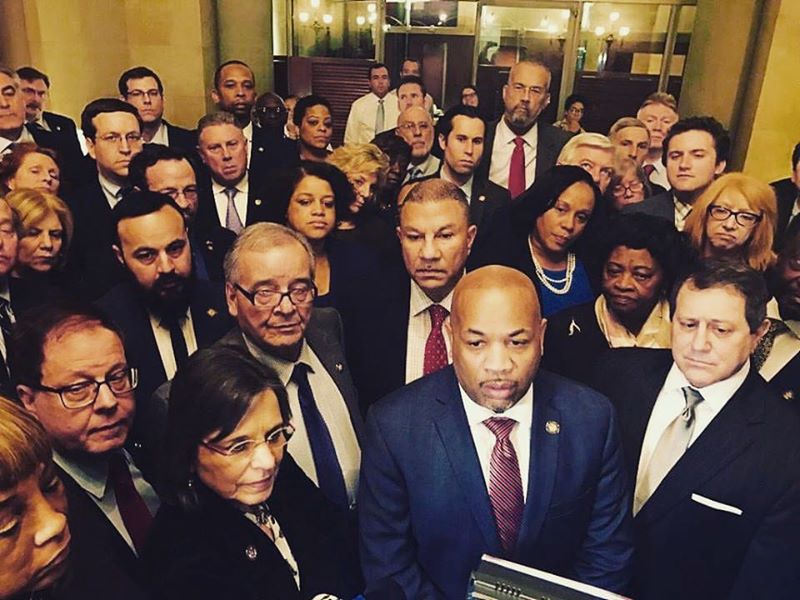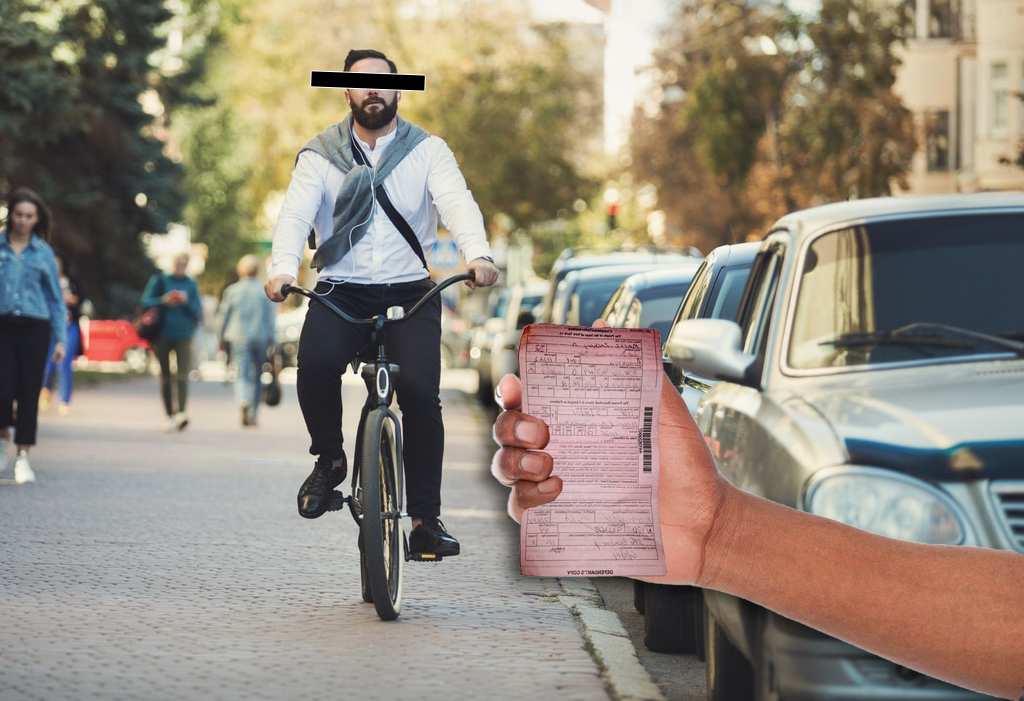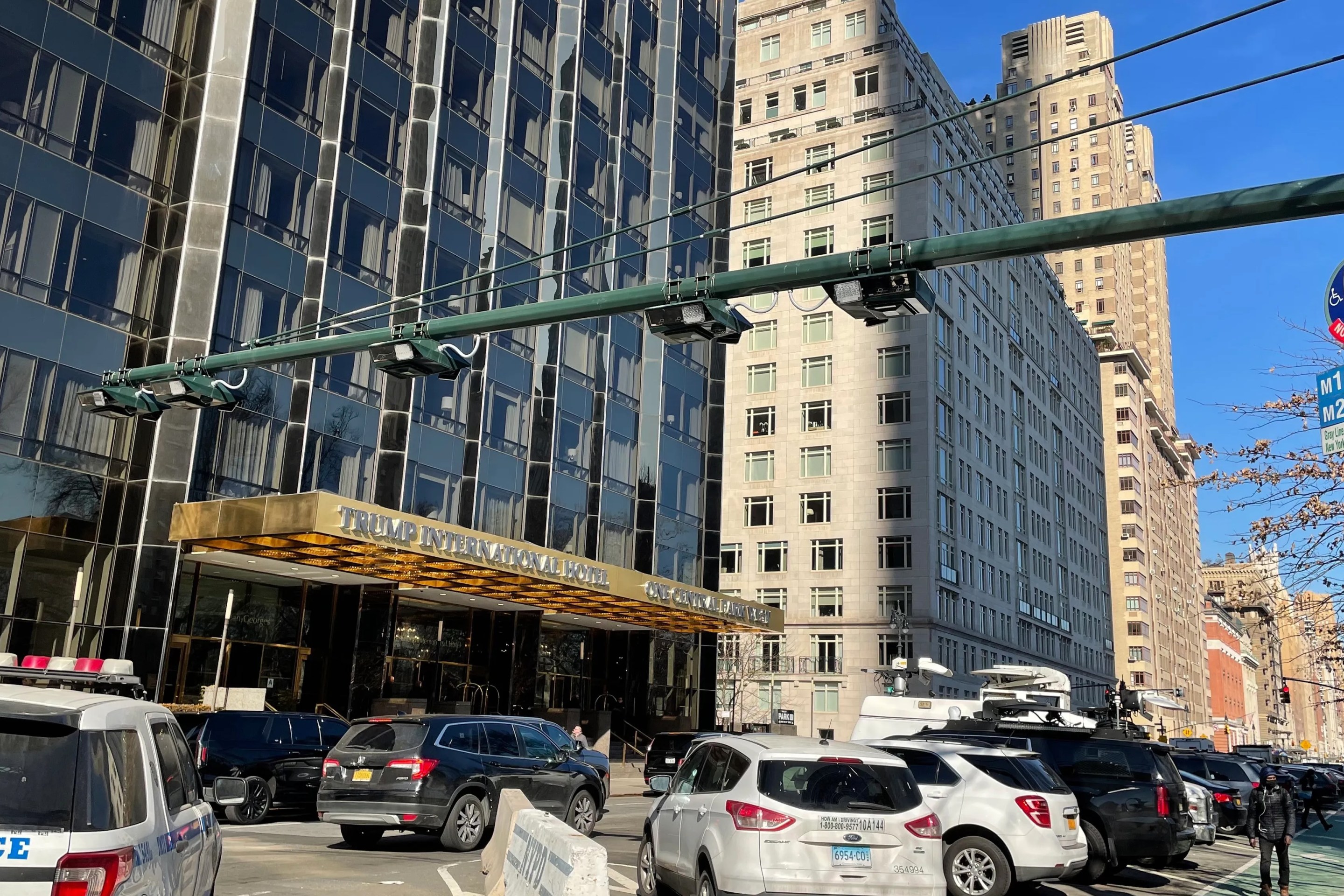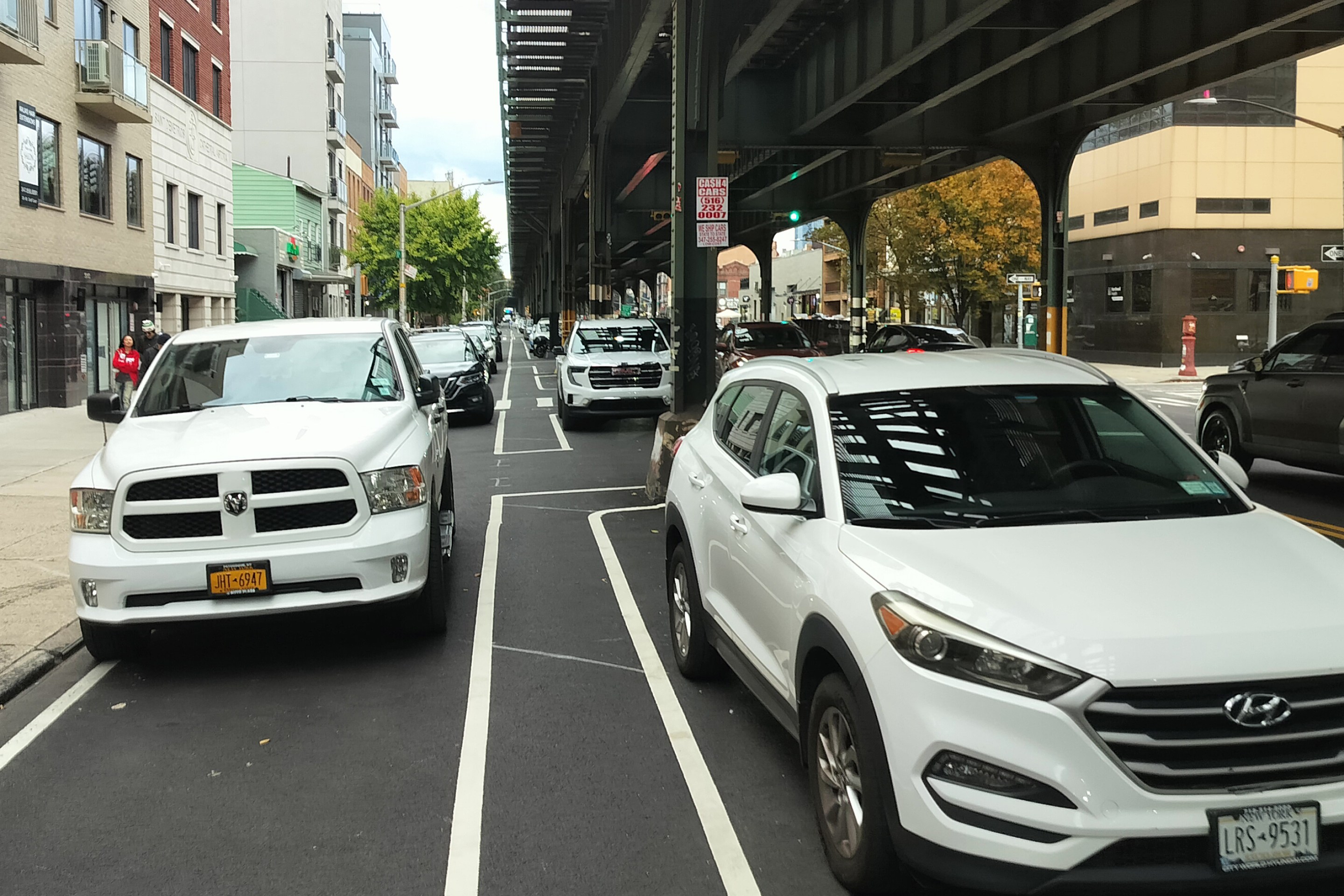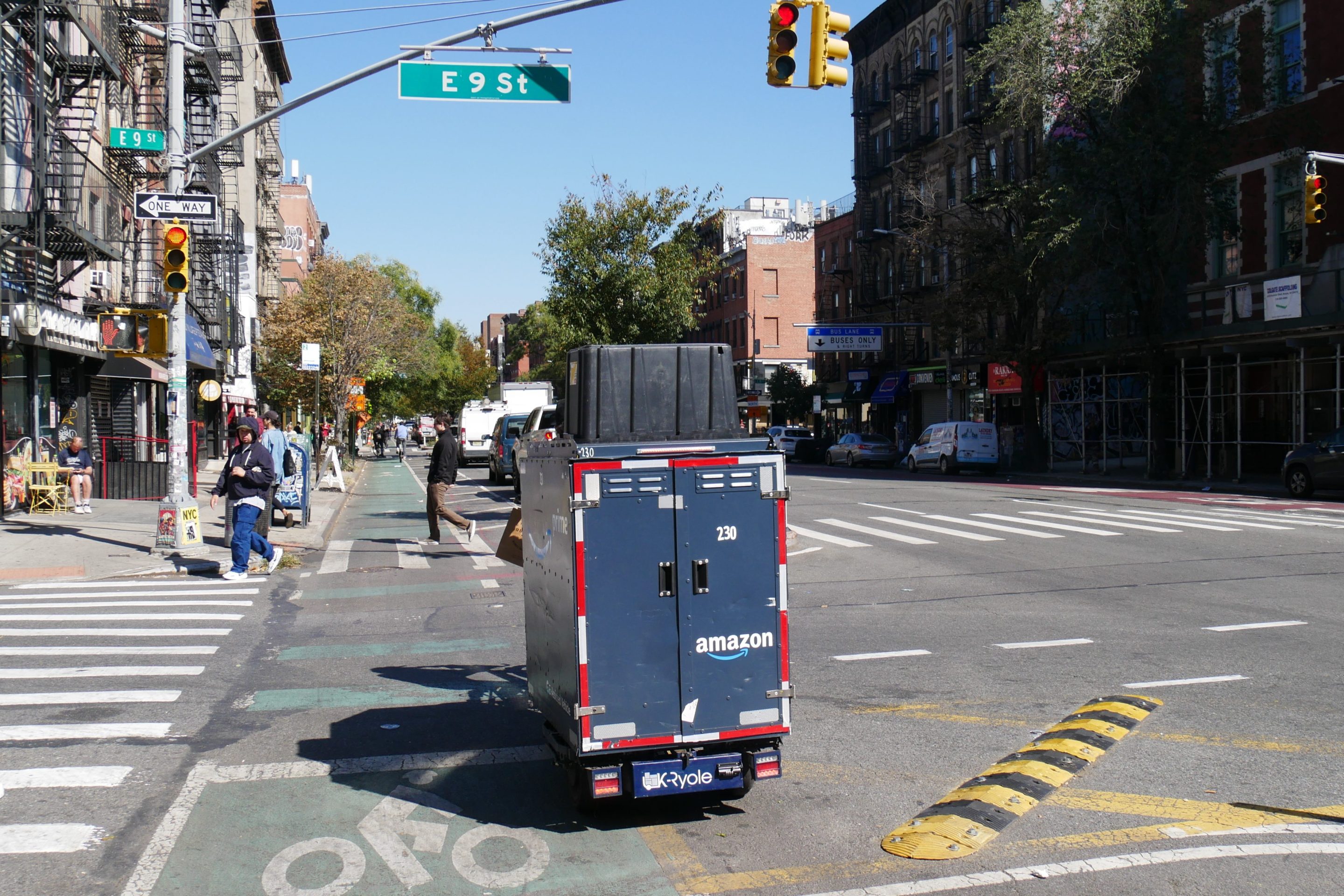Reports have surfaced that Assembly Democrats are working on “a modified congestion pricing plan.” A quick look suggests that “truncated” might be a more apt description. Or “eviscerated,” as in: guts removed.
Daily News Albany reporter Ken Lovett published the particulars on Monday: a $2.75 per-trip surcharge on Uber, Lyft, and other non-taxi trips that start or end in Manhattan south of 96th Street, and a $1 per-trip charge on other NYC trips by those vehicles; a 50-cent charge for yellow cab trips starting or ending south of 96th Street, and no charge outside; and no new tolls on cars or trucks, period.
The fruits of this “plan,” by my estimation: a whopping 1.8 percent rise in average vehicle speeds within the Manhattan Central Business District, as some New Yorkers swap for-hire vehicles for trips by train, bus, or bike. Over time this would rise to, at most, a 4.4 percent gain in speeds, provided the $420 million estimated annual revenue from the surcharges is spent to make transit more useful. On the other hand, these estimates don’t reflect the likelihood of some would-be Uber riders gaming the surcharges by switching to cheaper yellow cabs.
Bottom line -- this isn’t congestion pricing.
There’s no cordon toll on cars or trucks, which means zero charge on, and revenue from, the city’s #1 congestion source. Yellow cab passengers will be dunned one-seventh as much as users of app-based services, even though the two vehicle classes cause roughly the same amount of traffic congestion in the Manhattan core. Weekend and night-time trips will pay the same rate as weekday peak-period trips.
In terms of revenue, the Assembly Democrats’ surcharge pencils out to $369 million per year from trips with Uber, Lyft, and similar services, plus $52 million from trips in yellow cabs, or roughly $420 million overall. The marked disparity between the effects on Uber and yellow cabs fits the popular but mistaken narrative that primarily blames the app-based services for Manhattan gridlock.
In reality, the Manhattan core and the streets feeding into it have been severely congested for decades. It is the rise of Uber and Lyft that is worsening, not creating, record levels of traffic congestion. And of course, an Uber and a yellow cab traveling the same distance at the same time in the same place contribute equally to congestion. (Yes, the vexing propensity of Uber drivers to stand and block travel lanes imposes additional congestion costs, including endangering pedestrian and cyclists; this warrants differential surcharges vs. cabs, but not a 7-to-1 disparity.)
Streetsblog editor Ben Fried is spot-on to call the Assembly proposal “a plan designed to relieve elected officials from sweating out a tough decision, not to improve New York’s transportation system.” And he’s right to hold Andrew Cuomo’s feet to the fire. Merely declaring that “congestion pricing’s time has come” won’t serve the millions of New Yorkers who need real transportation solutions.
The travel-speed and revenue figures in this post are derived in the Revenues tab of my BTA spreadsheet. To download (Excel file), click here.
